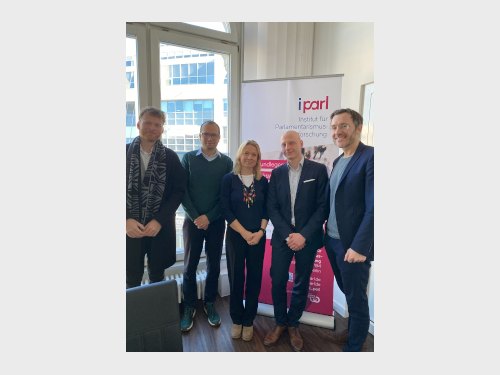
The Bundestag elections on 23 February will be observed by an OSCE/ODIHR team of experts. In this context, discussions will also be held with experts from academia and civil society. Danny Schindler and Daniel Hellmann gave their assessments of the electoral reform, the scrutiny system and the general organisation of the election and discussed possible suggestions for improvement with the OSCE/ODIHR team of experts.
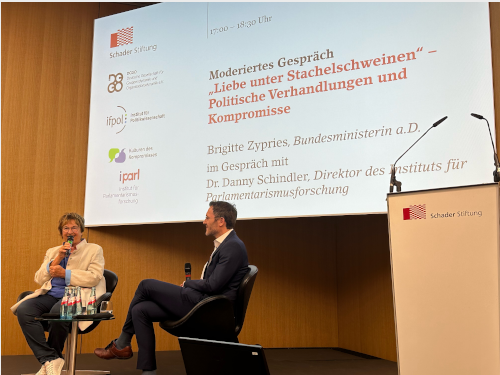
What significance do compromises have for democracy, how does compromise management succeed and how can the appreciation of compromise be strengthened? Danny Schindler discussed these important questions with former Federal Minister Brigitte Zypries as part of the Schader Foundation's dialogue between science and practice.
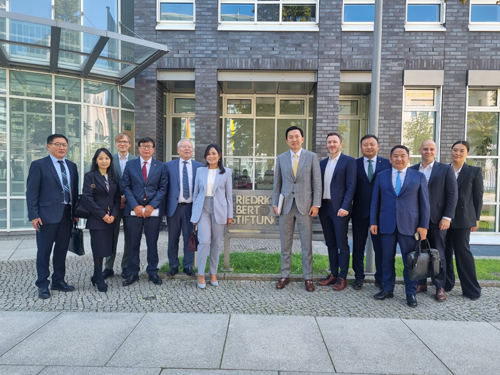
The newly formed government of Mongolia is currently negotiating a coalition agreement and is modelling itself on the German traffic light government. At the invitation of the Friedrich-Ebert-Stiftung, Danny Schindler and Oliver Kannenberg advised a delegation from the government on the upcoming coalition negotiations.
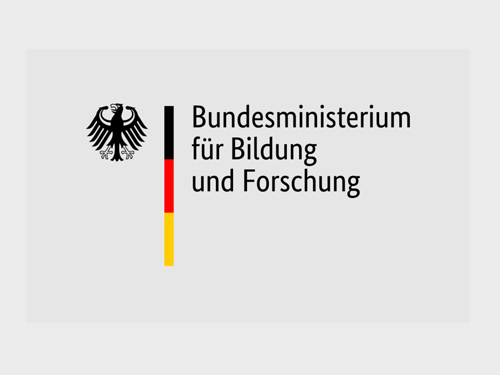
This year's "Civil Security" innovation forum organised by the Federal Ministry of Education and Research (BMBF) focused, among other things, on state communication in the event of a crisis. Danny Schindler presented the parliamentary perspective on behalf of IParl.
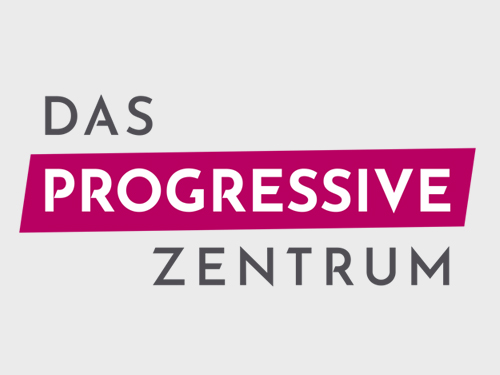
Are representative democracies capable of adequately combating climate change? And conversely, what consequences does climate change have on the conditions of democratic governance? To mark the launch of the book "Demokratie im Feuer" (Democracy on Fire) by SPIEGEL editor Jonas Schaible, the Progressive Zentrum organised a roundtable debate on 10 May with selected guests from the Bundestag, federal ministries, academia, civil society and the media. Danny Schindler took part in the discussion for the IParl.
Sign up to receive updates, promotions, and sneak peaks of upcoming products. Plus 20% off your next order.